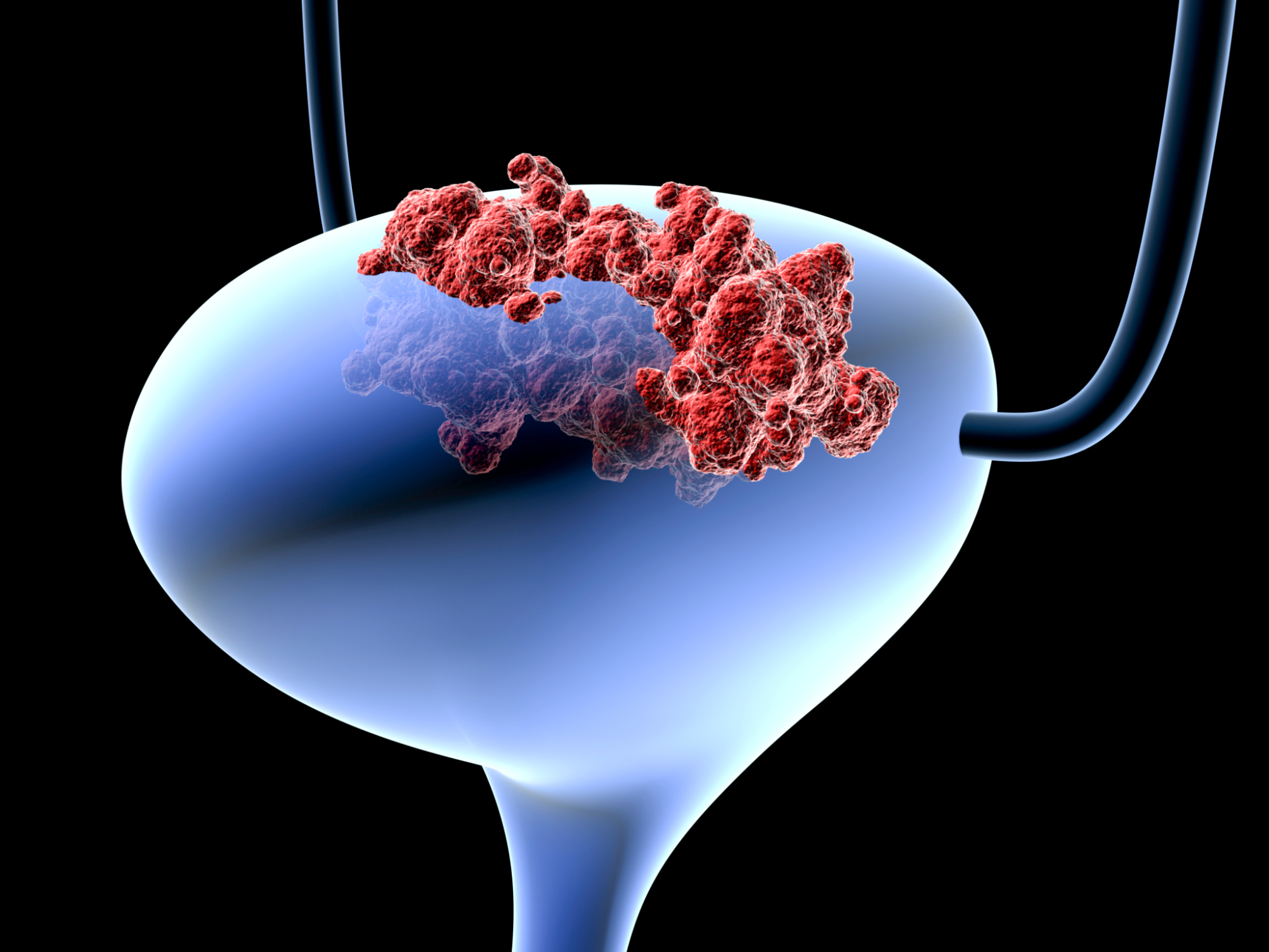Bladder cancer has an unpredictable prognosis with a high recurrence rate. Unfortunately, cancer treatment usually has severe side effects, so finding a less or no side effects treatment is crucial for persons who are diagnosed with bladder cancer. However, on a positive note and as per the previous studies, fucoidan has been shown to exert anticancer activity against several types of cancer cell lines without side effects.
Currently, there is no report investigating fucoidan-influenced cell proliferation in human bladder cancer cells. Hence, in this blog, I would like to share the study’s results, “Fucoidan Inhibits the Proliferation of Human Urinary Bladder Cancer T24 Cells by Blocking Cell Cycle Progression and Inducing Apoptosis” by Hye Young Park et al.
The study investigated the antiproliferative effects of fucoidan in human bladder cancer T24 cells. First, they tested the antiproliferative effects of fucoidan in T24 cells using the 3-(4,5-dimethylthiazol-2-yl)-2,5-diphenyl-tetrazolium (MTT) assay. As shown in Figures 1A and B, the growth inhibitory effect of fucoidan was observed in a concentration, time, and time-dependent manner.
Subsequently, they determined the expression of apoptosis-related gene products after fucoidan treatment. Further, they investigated how fucoidan induces apoptosis in T24 cells to elucidate whether fucoidan inhibits cell proliferation by inducing apoptosis to evaluate nuclear morphology by 4,6-diamidino-2-phenyllindile (DAPI) staining and agarose gel electrophoresis. Fucoidan-treated cells showed a concentration-dependent increase in atomic chromatin condensation and fragmentation, hallmarks of apoptosis associated with increased DNA fragmentation. (See Figure 2B)
Since fucoidan induces cell cycle arrest at the G1 phase and the Rb gene product pRb is a crucial checkpoint at the G1 phase of the cell cycle, we next verified the dynamics between the phosphorylation of pRB and the transcription factors E2Fs, in Figure. 3A, after fucoidan treatment, the total expression level of pRB decreased significantly and changed from hyperphosphorylated to hypophosphorylated. In addition, these changes occurred in a time-dependent manner. Alternatively, the expression levels of E2F-1 and E2F-4 were unchanged in T24 cells treated with fucoidan. Fucoidan-treated cells significantly increased the binding of pRB to E2F-1 and E2F-4. (See Figure 3B) The results showed that fucoidan inhibited the release of E2Fs protein from pRB.
Thus, these results indicate that fucoidan may induce G1 arrest in T24 cells by downregulating Cdks kinase activity via selective induction of p53-independent p21 and inhibiting pRB phosphorylation.
These results showed that fucoidan reduced T24 cell viability through induction of G1 arrest and apoptosis. Fucoidan-induced G1 arrest is associated with increased expression of the Cdk inhibitor p21WAF1/CIP1, dephosphorylation of pRB, and enhanced binding of p21 to Cdk4/6 and pRB to transcription factors E2Fs.
Further investigation also showed that Fucoidan-induced apoptosis coincided with an increase in Bax and a decrease in Bcl-2, which increased the Bax/Bcl-2 ratio, further suggesting that fucoidan-induced apoptosis by triggering the intrinsic apoptotic pathway. Apoptosis can be inhibited by various proteins, including members of the IAP family that are significantly overexpressed in most tumors. IAP-family proteins promote tumor cell survival through direct inhibition by binding to several caspases after various apoptotic stimuli.
The results revealed that fucoidan-induced apoptosis was associated with the downregulation of IAP family numbers, such as XIAP, cIAP-1, and cIAP-2, associated with caspase activation. (See Figure. 4 A, B) It indicates after fucoidan treatment, expression levels of Fas and death receptor 5 (DR) mRNA and protein, but not DR4, were enhanced. Expression of the anti-apoptotic Bcl-2 protein was suppressed. However, that of pro-apoptotic Bax protein increased in response to fucoidan treatment.
However, under the same experimental conditions, fucoidan’s significant protection of growth inhibition and apoptosis was observed after pretreatment with z-VED-fmk (a potent inhibitor of caspase), a pan-caspase inhibitor. Although further studies are required, the results indicate that caspase-dependent intrinsic and extrinsic pathways contribute, at least in part, to fucoidan-induced apoptosis in T24 cells.




Source: Molecules. 2014 May; 19(5): 5981–5998 doi: 10.3390/molecules19055981
